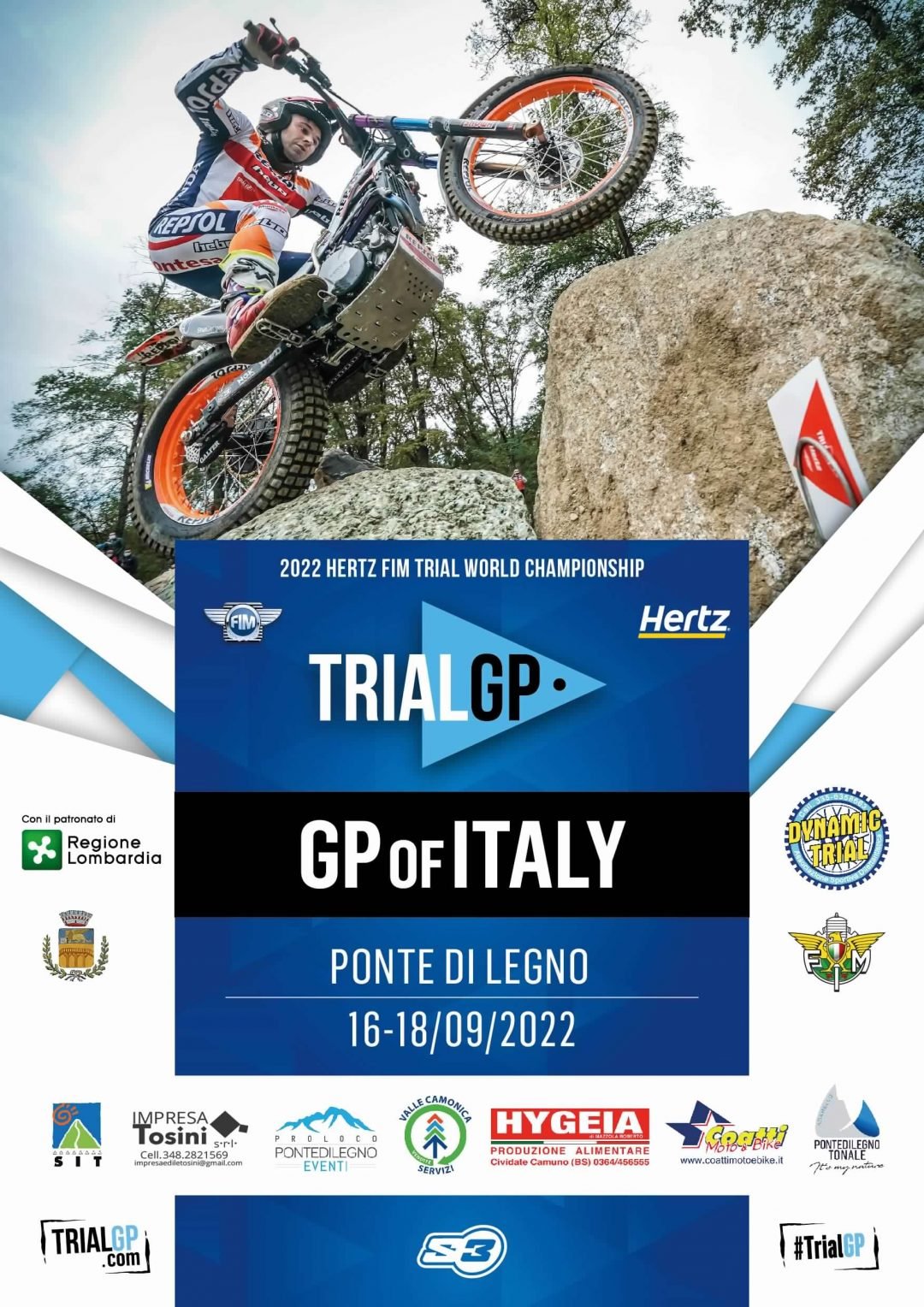The images of Christian Eriksen (DNK) collapsing in his Euro 2020 match against Finland sent shockwaves around the world. Heart failure was at the forefront of a lot of people’s minds. The opportunity should be seized to consider CPR as part of basic sport training, from the grassroots levels on.
The British Heart Foundation took advantage of the opportunity and made a CPR advertisement within 18 hours of Erikson’s incident. The ad starts with: “This is the ad that we never expected to make. This should be about pre-match banter … ” It goes on talking about other sport-related events and then cuts it with: “But knowing CPR could make the difference…Less than 1 in 10 survive cardiac arrest in the UK.”
According to the BBC, the BHF saw record defibrillator sales and website visits in five days after Erikson’s collapse. The article also says that indeed for English Association Football “defibrillators are mandatory at all grounds down to step four of the National League system”.
The United Kingdom is one of the most economically advanced states in the world and football is indeed the best funded sport in the world.
For the developing world and for other sports just practicing the sport is unsustainable and it is done out of love for the game. In some cases it is impossible to have defibrillators or an emergency services team everywhere. This is especially true in grassroots sport, which comprises the majority.
Sport is intrinsically good for one’s health but people with heart conditions are more likely to suffer cardiac arrest while practicing sport because it stresses the heart. The risk is especially grave considering that many times people with underlying conditions are unaware until they suffer a cardiac arrest.
Because of that, the most sustainable way to react against such tragedies and to save lives -when defibrillators, the best route, are not an option- is to teach CPR as part of general sport and physical conditioning education.
Sometimes people might think that learning anything “healthcare-related” requires advanced knowledge. Obviously becoming a Doctor or nurse does require intense training but first-aid techniques such as CPR or anti-choking maneuvers can be taught to any person.
Teaching kids and athletes how to warm up and how to cool off their muscles is a convention because it is simple, it is not very time consuming and it prevents injury. Teaching CPR and other first-aid techniques should be as conventional.
They are also simple, not very time-consuming -you only have to teach them once- and they save lives.





